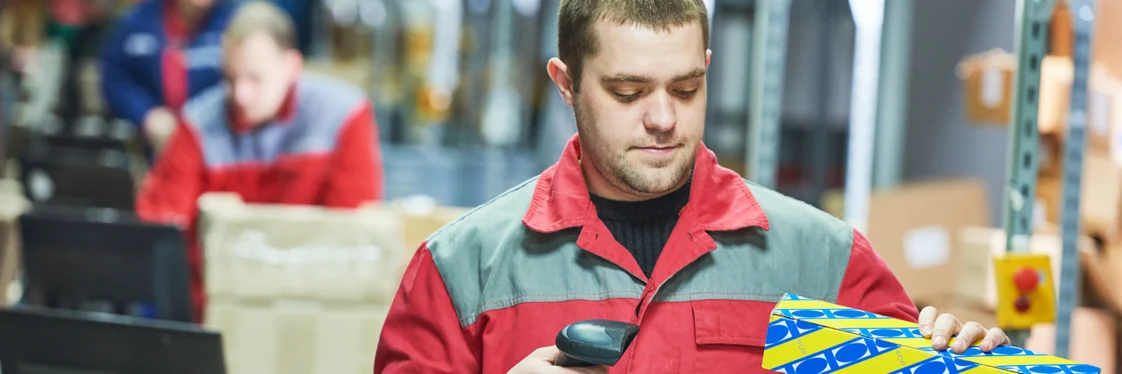Inland marine insurance was originally developed to protect cargo while it was being transported across land (as opposed to across the ocean). When the insurance was first offered, waterways offered the most efficient modes of travel. Thus, the insurance became known as inland marine coverage. Businesses in Vermont don’t send cargo via waterway as often anymore, but they still frequently transport goods over land. Typical inland marine policies have been updated since they first were offered, and they remain one of the best ways to insure items that are being sent over land. Here’s a look at some specific types of businesses that might benefit from protecting its shipments with this type of insurance.

What Types of Businesses May Want Inland Marine Insurance?
Landscaping Businesses
Landscaping companies are a perfect example of the type of Vermont business that might benefit from having inland marine insurance. They’re regularly transporting lawn mowers, which often aren’t covered by commercial property or commercial auto insurance when they’re on a trailer. With most commercial mowers costing between $2,500 and $25,000, few landscapers can afford to simply pay for a new mower out of pocket. Inland marine coverage may help make sure they don’t have to if something happens while going to or from a clients’ site by offering protection for mowers while they’re being transported.

Electricians, Carpenters and Other Tradespeople
Equipment usually doesn’t have to be on a trailer to be protected by an inland marine policy. It also doesn’t necessarily need to be worth four figures. Electricians, carpenters, plumbers, HVAC technicians, and other tradespeople who bring their own tools to job sites might want an inland marine policy.
Trade professionals might not have any one piece of equipment worth $25,000, but the cumulative value of all the tools in their vans and trucks can often be well into the four- or five-figure range. Should a tradesperson’s vehicle be broken into and the tools inside stolen, their commercial auto insurance might not fully cover the tools. Inland marine coverage, however, may offer robust protection for just such an incident.
Photographers and Videographers
Photographers and videographers may similarly benefit from having an inland marine policy. Professional cameras and video recorders can cost well over $1,000, not to mention the many accessories that photography and videography require. Anytime equipment is taken to a shoot, it should be insured — and the best way to insure it while in transit is often with an inland marine policy.

Caterers
Caterers also may want inland marine coverage, as a policy might protect not just their equipment, but also prepared foods. Many inland marine policies offer coverage for a wide variety of items that are in transit, often including products. For a catering business, food is typically considered a product — and it may be covered by an inland marine policy (depending on the policy’s terms and conditions).
Pharmaceutical Representatives
Pharmaceutical representatives are another example of a business that might have products to insure with inland marine coverage. Most drug reps don’t have much equipment, but they frequently carry lots of samples to medical offices all over the state. Should samples be lost or damaged while going between clients’ sites, an inland marine policy might help pay for the inventory.
Talk with an Agent in Vermont About Inland Marine Insurance
If you think your Vermont business could benefit from having inland marine insurance, talk with an independent insurance agent in the state. An independent agent will be able to help you explore your business’ current coverages and what it transports to determine if getting an inland marine policy is a wise decision. If it is, they can also help you find an affordable policy that offers the protections your business needs.

